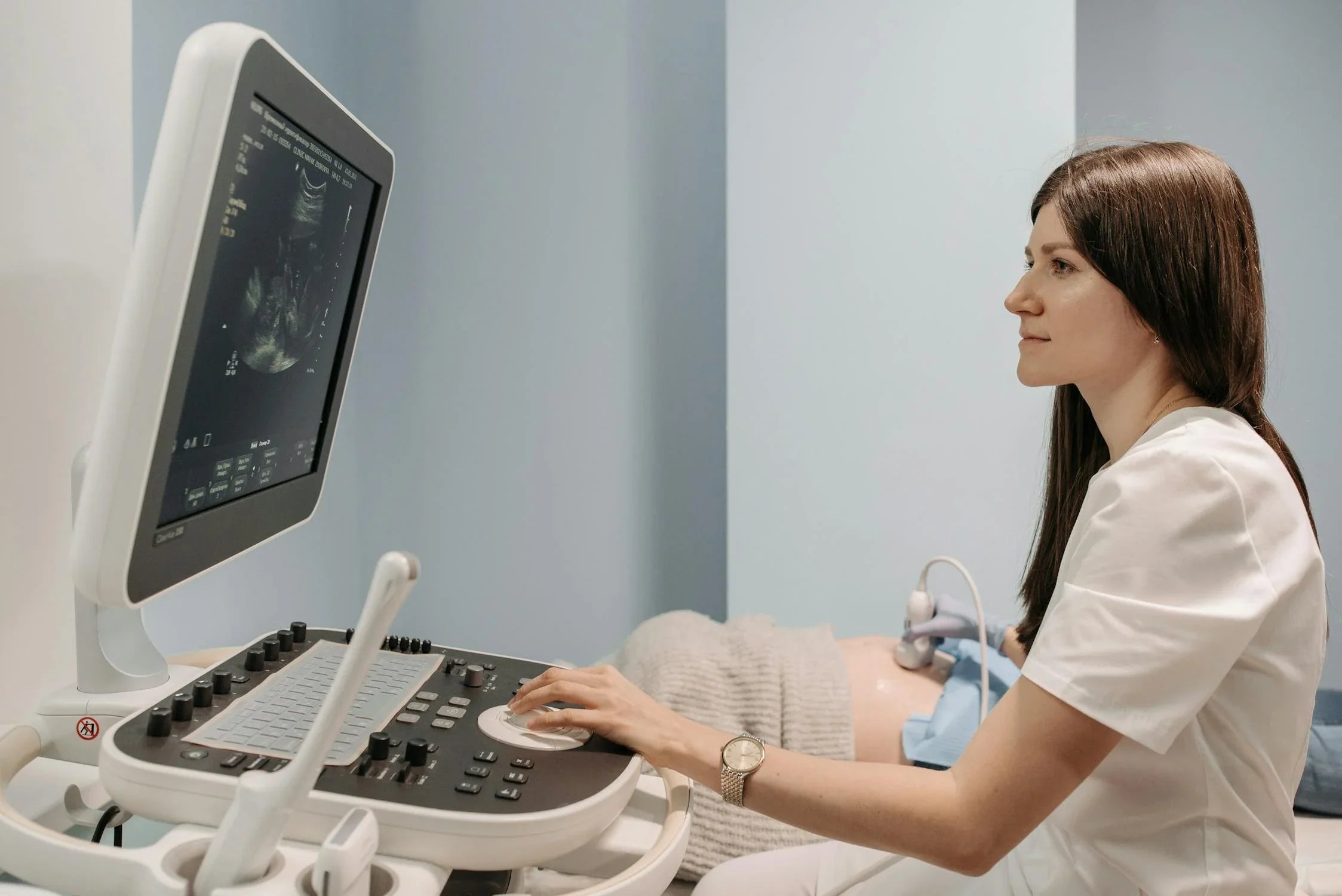Accueil
Pregnancy, Breastfeeding, and Pumping: The Ultimate Guide for Moms
What's the Most Sensitive Pregnancy Test: A Comprehensive Guide

What's the Most Sensitive Pregnancy Test: A Comprehensive Guide
When it comes to confirming pregnancy, timing and accuracy are everything. Many women wonder, 'What's the most sensitive pregnancy test?' The answer lies in understanding how these tests work and what makes one more reliable than another. This article dives deep into the science behind pregnancy tests, their sensitivity levels, and how to choose the best one for your needs.
How Pregnancy Tests Work
Pregnancy tests detect the presence of human chorionic gonadotropin (hCG), a hormone produced by the placenta after a fertilized egg attaches to the uterine lining. The sensitivity of a pregnancy test is determined by its ability to detect low levels of hCG in urine. The lower the hCG threshold a test can detect, the more sensitive it is considered to be.
What Makes a Pregnancy Test Sensitive?
Sensitivity is measured in milli-international units per milliliter (mIU/mL). Tests with a sensitivity of 10 mIU/mL or lower are considered highly sensitive, as they can detect pregnancy earlier than those with higher thresholds. Factors like the quality of antibodies used in the test and the design of the test strip also play a role in determining sensitivity.
When to Take a Pregnancy Test
Timing is crucial when taking a pregnancy test. While some tests claim to detect pregnancy as early as six days before a missed period, the accuracy increases significantly after the first day of a missed period. Testing too early can result in false negatives, even with the most sensitive tests.
Types of Pregnancy Tests
There are two main types of pregnancy tests: urine tests and blood tests. Urine tests are the most common and can be done at home. Blood tests, performed in a clinical setting, are more sensitive and can detect hCG levels as low as 1 mIU/mL. However, they are less convenient for most women.
How to Choose the Most Sensitive Pregnancy Test
When selecting a pregnancy test, consider the following factors:
- Sensitivity Level: Look for tests with a sensitivity of 10 mIU/mL or lower.
- Ease of Use: Choose a test with clear instructions and easy-to-read results.
- Brand Reputation: Opt for tests from reputable manufacturers with positive reviews.
- Cost: While sensitivity is important, balance it with affordability.
Common Misconceptions About Pregnancy Tests
Many women believe that all pregnancy tests are the same or that more expensive tests are always better. However, price does not always correlate with sensitivity. It's also a myth that drinking water before taking a test can dilute hCG levels. While excessive fluid intake can affect results, moderate water consumption is unlikely to impact accuracy.
Tips for Accurate Results
To ensure the most accurate results, follow these tips:
- Use the first urine of the day, as it contains the highest concentration of hCG.
- Read the instructions carefully and follow them precisely.
- Avoid testing too early to reduce the risk of false negatives.
- If in doubt, repeat the test after a few days or consult a healthcare professional.
When to See a Doctor
If you receive a positive result, schedule an appointment with your healthcare provider to confirm the pregnancy and begin prenatal care. If you experience symptoms like severe pain or bleeding, seek medical attention immediately, as these could indicate complications.
Choosing the most sensitive pregnancy test can make all the difference in detecting pregnancy early and accurately. By understanding how these tests work and what to look for, you can make an informed decision that suits your needs. Whether you're trying to conceive or simply want peace of mind, knowing 'what's the most sensitive pregnancy test' empowers you to take control of your reproductive health.
Partager
